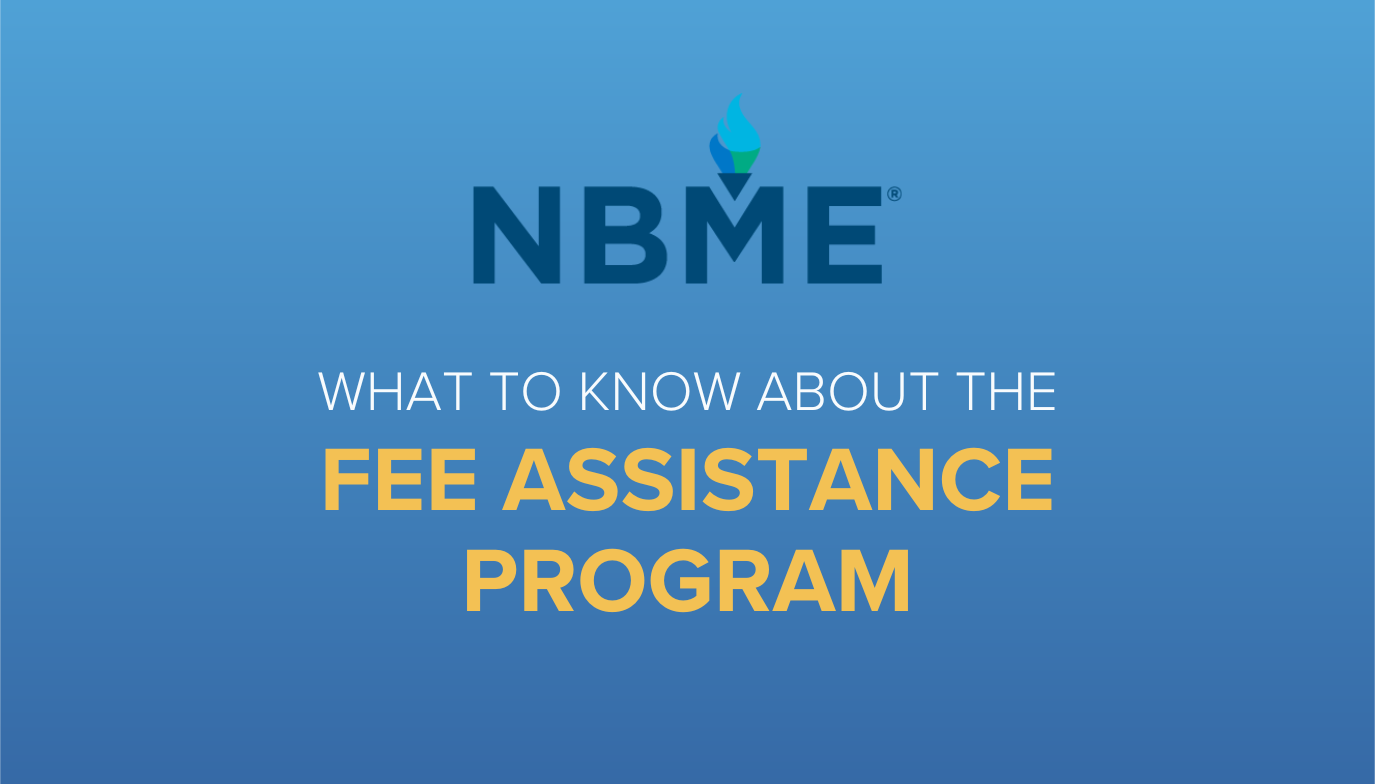The equation is simple: solid preparation = successful exam performance. Whether you’re getting ready to take the USMLE or COMLEX, dedicating a large chunk of time exclusively to test prep is how to ensure you’ll crush it on exam day. If you don’t put the time in, you’re going to be disappointed—period. So do yourself a favor, and put some serious prep work in for that upcoming big exam!
Of course, you probably already knew you had to take preparation seriously. But this post is about a deeper subject: what, exactly, does it mean to prepare for a high-stakes exam? Is paying attention in class preparing? Is it enough to make a study plan and answer loads of questions?
Not really. When we’re talking about preparing for an exam, we’re referring to something called “deliberate practice.” But what exactly is deliberate practice? In this post, we’ll examine the study habits of two students, Student A and Student B, to get a sense of what deliberate practice is. Then, we’ll look at some ways to incorporate it into your study plan. Let’s dive in!
What is Deliberate Practice and How Do I Use it in Medical School?
Student A vs. Student B: Which One is Using Deliberate Practice?
Let’s set the scene. Two students are working their way through a Step 2 CK Qbank, building their respective knowledge bases in preparation for the big day.
Student A:
Student A answers a question, and dutifully reviews the learning points after getting it incorrect. He nails question two, and decides to skip the explanations for this question. After all, he got it right, and he’s convinced that he knows the material.
Riding high, he does a quick scroll of Instagram, fires off a text, and then moves on to question three. He quickly chooses an answer, and although he got the question incorrect, he knew it was wrong, and only gives the explanations a partial skim to see why.
Student B:
Student B, on the other hand, wants to emulate true test conditions, so she opts for timed mode instead of tutor mode. Rather than ride the dopamine waves of correct and incorrect answers, she’s going to buckle down and focus hard for the duration of the block.
When she’s finished, out comes a notebook and First Aid for Step 2 CK. She scours every answer, whether correct or incorrect, for bits of information that might bolster her knowledge. There are no distractions, the iPhone is on airplane mode, and her noise canceling headphones are on. She annotates any novel snippets she learned into First Aid. And she lists any confusing topics in her notebook so she can visit them later.
The answer is: Student B!
Can you see the difference between the two? Student A was practicing, and perhaps “giving it their all,” but student B went the extra mile to emulate the action of top performers in all disciplines—she practiced deliberately.
So, how can you be more like student B, and make sure that the hours and hours you spend each day studying provide you with the most value? In other words, how can you practice deliberately and maximize your study efficiency?
Here’s some tips for making deliberate practice a part of your exam preparation.
5 Ways to Implement Deliberate Practice Into Your Study Routine
1. Cut out distractions.
Distracted learning is inferior to focused learning and deliberate practice. Why would you want to prepare for exams in an inferior manner? Distractions not only pull you away from the task at hand, but necessitate reorienting yourself to where you were before you got distracted. Distractions are the foils of efficiency.
As I prepared for my board exams, nothing was more valuable than putting my phone on airplane mode. With a single click, I could cut myself off from the endless stream of websites, songs, friends, posts, and news stories. The temptation of all the internet has to offer is almost too strong to organically steer clear of. It necessitates a “kill switch.” That hard stop is airplane mode—turn it on!
2. Do a deep analysis of every question.
The cream floats to the top, and the best question banks have the reputations they do because of their content. The top Qbanks will not only let you know the right and wrong answers, they’ll also give you jumping off points to investigate concepts you need to touch up on.
Whether you get a question right or wrong, you need to understand why the correct answer is the right one, and why every wrong answer is incorrect. If you learned something new, write it down to cement the knowledge you’ve gained. Don’t leave it on the table by deluding yourself with the all too common, “I’ll get that right on the exam when I’m really trying.”
3. Have a deliberate plan.
The effectiveness of your studying today is only as effective as your overall study plan. As painful as it might be, it’s necessary to create a two-six week study plan (depending on which exam you’re preparing for), and stick to it. If you know what you’re going to be working on every day, more time can be devoted to studying instead of asking yourself, “What should I work on now?”
 Need help making a study schedule for your USMLE or COMLEX exams? Blueprint’s Med School Study Planner schedules all of your studying for you with the click of a button—and now, it’s forever FREE!
Need help making a study schedule for your USMLE or COMLEX exams? Blueprint’s Med School Study Planner schedules all of your studying for you with the click of a button—and now, it’s forever FREE!
4. Identify strengths and weaknesses.
Through both self-assessments and question banks, you should be able to identify concepts you feel good about, and those that make you shudder. Your goal is to take that question you hate answering, and turn it into one you’re excited to see.
For example, if antiarrhythmics make you queasy, your confidence will probably plummet if you come across a question that has lidocaine, amiodarone, sotalol, procainamide, and esmolol as answer choices. Put a few hours into getting them completely figured out, so that next time an antiarrhythmic question comes up, you can approach it with confidence instead of trepidation.
5. Make preparing for the exam your #1 priority.
The only way you’re going to find the buy-in to devote so much time and energy to test preparation is to realize how important the exam is. In the scheme of things, the time you spend preparing for this test will be a fraction of your medical career. And yet, how you do on it will have a huge impact on your career.
Further Reading
Deliberate practice is a superior form of exam preparation. Use it to set yourself up for success on exam day by following these five tips. Of course, feel free to reach out to one of our tutors if you need additional help!
Looking for more (free!) tips to help prep for your med school exams? Check out these other posts from Blueprint tutors on the Med School blog!





